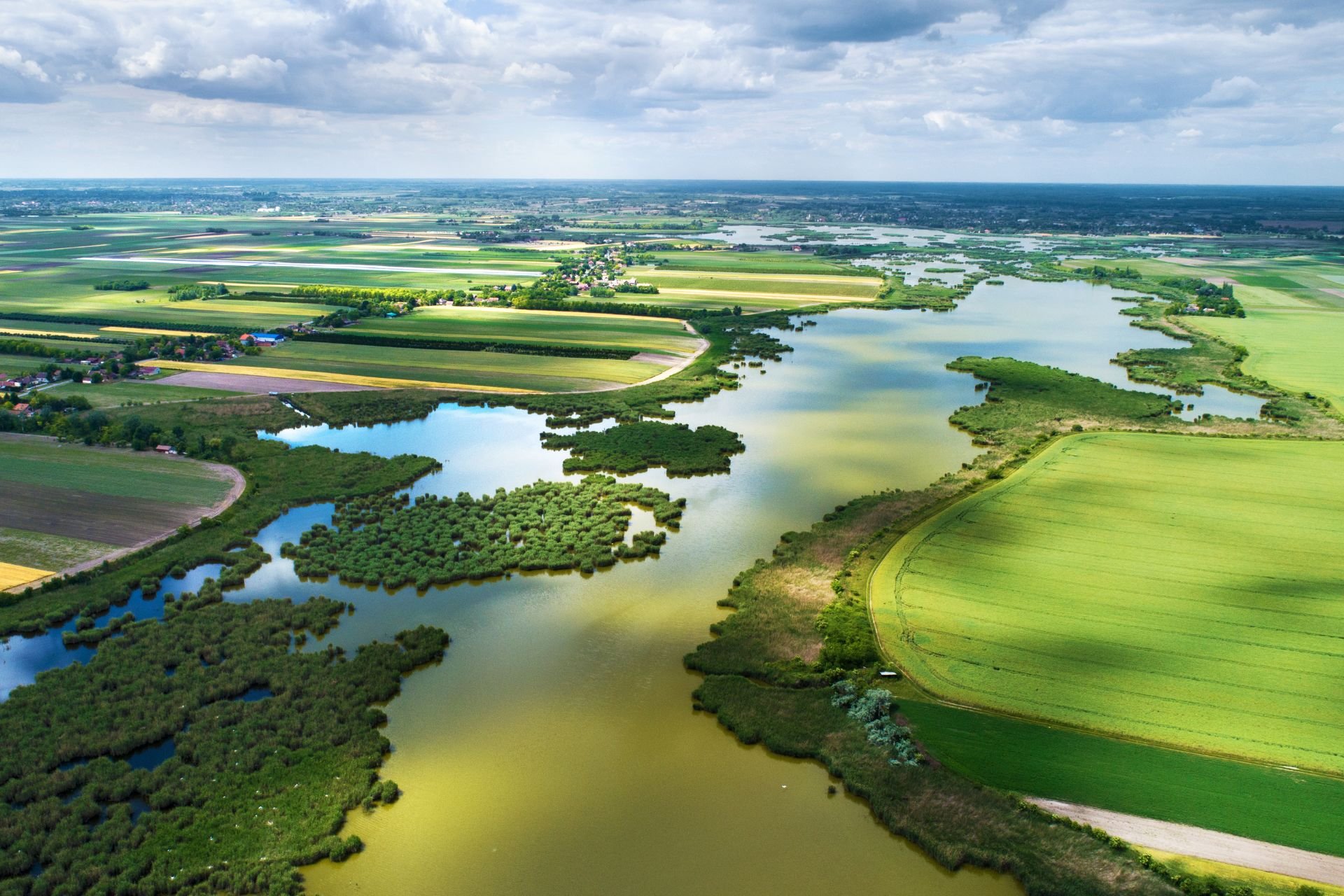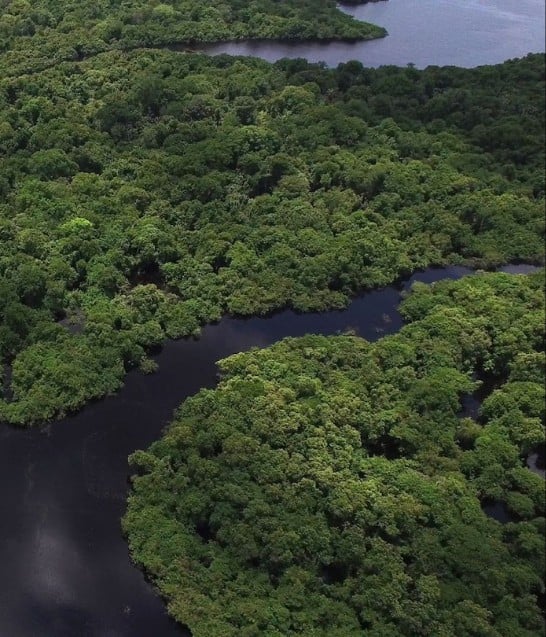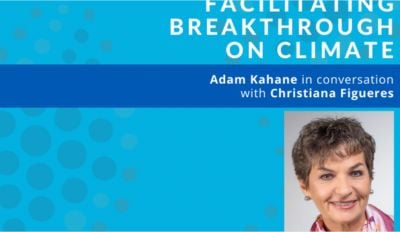
Augmenting effective climate action with speed, scale, and justice
Discover how Reos Partners designs and facilitates innovative, adaptive strategies to enable climate practitioners from all backgrounds, sectors, and scales to produce impactful climate action.
As the global impacts of climate change are more clear and severe, the need to effectively respond and adapt to these changes is urgent. Because climate change ignores all national and sector boundaries, the need for collaboration is paramount on a scale that humanity has never attempted.
Reos Partners works with multi-stakeholder groups across sectors, ideologies, and cultures to spur technical and relational breakthroughs to address climate change.
By practicing transformative collaboration to accelerate climate action, we enable diverse stakeholders to work together across sectors, perspectives, and generations, bridging the gap between divergent needs and interests to make systemic breakthroughs at scale.
See below how our approaches enable multi-stakeholder groups to work together across differences to address the climate crisis with speed, scale, and justice.
Examples of our climate work

Empire Building Playbook: strategies for building decarbonisation
Challenge: In cities like New York, buildings are responsible for more than 70% of greenhouse gas emissions. To combat this issue, the New York State Energy Research and Development Authority (NYSERDA) introduced the Empire Building Challenge to accelerate and innovate the low-carbon retrofitting of tall buildings. The challenge aims to overcome barriers preventing existing high-rise buildings from achieving energy targets and to test innovative green retrofits.
Partnership: Reos Partners facilitated workshops for key stakeholders, including NYSERDA, its real estate partners, and their consulting engineers. The workshops enabled stakeholders to share their learnings and ideas from the Empire Building Challenge. These findings inspired the Empire Building Playbook, which aims to provide a building decarbonisation blueprint that owners and real estate developers can replicate.
Transformation: The end product of the Empire Building Playbook is a virtual resource that shares innovative developments and replicable processes learned by building owners, engineers, real estate developers, and more to decarbonise buildings. Building owners can create a clear path toward carbon-neutral operations by adopting this incremental methodology and integrated design process.

Transformative scenarios to address climate change in Australia
Challenge: Australia experiences bushfires regularly, but the 2019-2020 season was the most severe in history. It caused almost 500 deaths and destroyed over 24 million hectares of bushland, resulting in approximately 900 million tonnes of CO2 emissions, equivalent to those from commercial air travel worldwide. Additionally, around one billion animals lost their lives.
As the effects of climate change worsen, future bushfire seasons are anticipated to be longer and more devastating.
Partnership: A group of leaders and professionals from the emergency management sector (EMS) in Australia and New Zealand gathered together under the guidance of The Bushfire and Natural Hazards Cooperative Research Centre, Australasian Fire and Emergency Service Authorities Council, and facilitated by Reos Partners and RMIT University.
Using transformative scenarios, Reos helped the multi-stakeholder group devise new approaches to better plan, prepare, respond and recover from the turbulence and uncertainty of future climate events.
Transformation: Through transformative scenarios, participants have:
- Increased their confidence to plan, prepare, respond and recover from climate turbulence, and act with agency, clarity, agility, and speed in crises.
- Built a shared communication tool about how the future might unfold and a shared awareness and understanding of what they might do separately and together to adapt to and transform it.
- Strengthened strategic frameworks to navigate unpredictable futures.
- Shifted from feeling powerless and vulnerable to having confidence and agency.
- A new platform to collectively learn from.

Sustainable Amazon Forum: responding to Brazil’s climate crisis
Challenge: The devastating fires of 2019 drew national and international attention to the Brazilian Amazon, a critical tropical forest crucial in regulating the global climate. During the same period, crime and violence involving illegal invasion and occupation of public lands, illegal extraction of wood and minerals, and mining in indigenous territories increased.
Urgent collective action was needed to advocate against three bills before the Brazilian Congress in 2020, posing devastating impacts on the forest, the people living in and protecting it, and the global climate.
Partnership: Supported by Reos Partners and other influential organisations, the Sustainable Amazon Forum is a multi-stakeholder platform for dialogue and collaboration that aims to connect and catalyse initiatives, solutions, and proposals for a Sustainable Amazon, create a common agenda, influence public policy, and promote high-level public debate on sustainable development of the Amazon.
Transformation: By bringing together diverse stakeholders in a polarised environment, the Forum contributes to protecting the forest, guaranteeing the rights of traditional, local, and indigenous peoples, and effectively developing an inclusive and sustainable forest economy.



